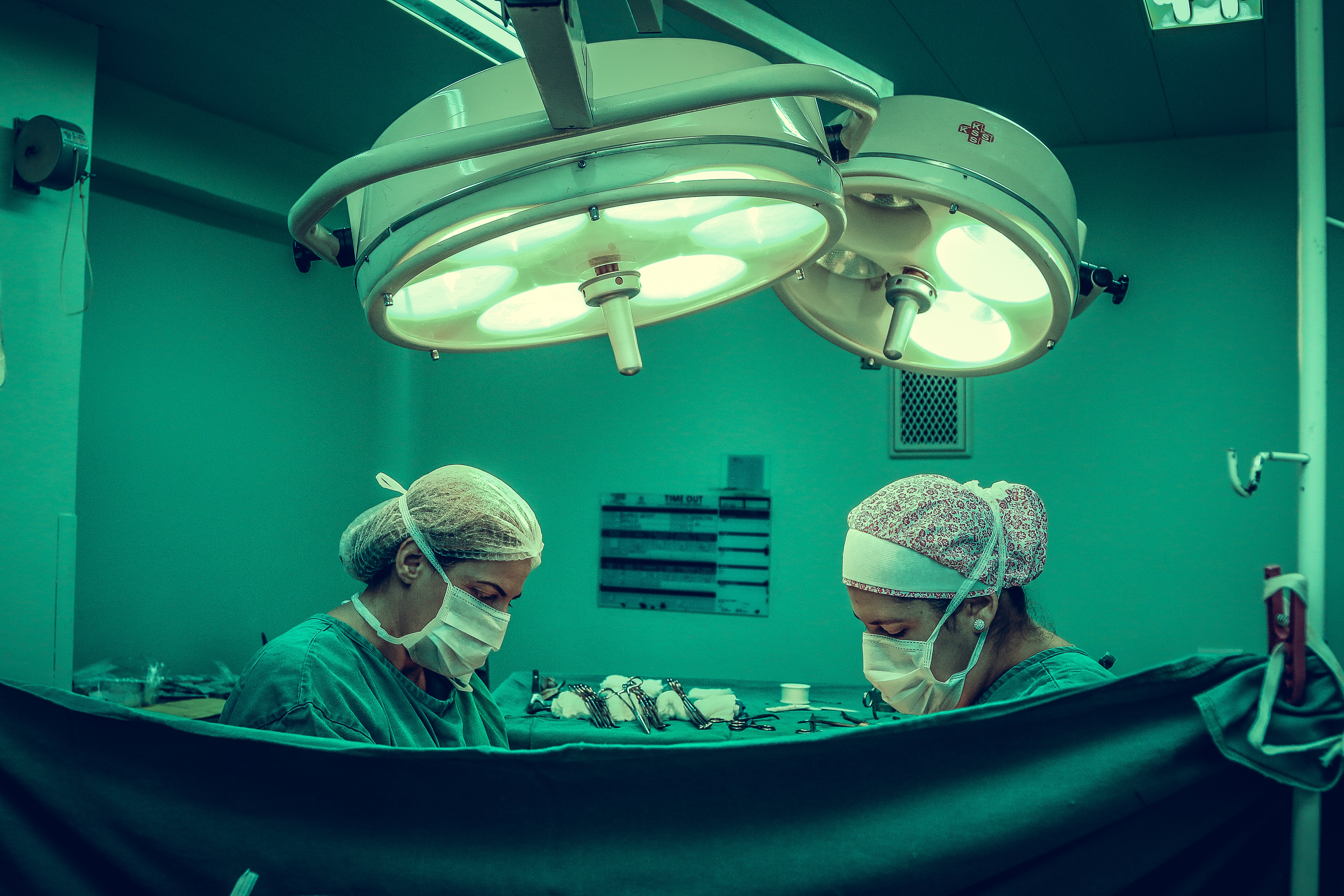 A team of medics at the University of Maryland, School of Medicine have announced their first attempt at placing a human in suspended animation. The Federal Drug Administration approved the team for 10 trials where a patient will be rapidly cooled to 10-15 °C by replacing their blood with ice-cold saline, ceasing nearly all brain activity. Hypothetically, medical professionals then have up to 2 hours to operate before the "suspended" patient is rewarmed and their heart started again. The team's trial procedure officially called Emergency Preservation and Resuscitation (EPR), is only allowed to be trialed on acute trauma victims (i.e. gunshot or stab wounds) who have already suffered cardiac arrest and have less than a 5% survival rate.
A team of medics at the University of Maryland, School of Medicine have announced their first attempt at placing a human in suspended animation. The Federal Drug Administration approved the team for 10 trials where a patient will be rapidly cooled to 10-15 °C by replacing their blood with ice-cold saline, ceasing nearly all brain activity. Hypothetically, medical professionals then have up to 2 hours to operate before the "suspended" patient is rewarmed and their heart started again. The team's trial procedure officially called Emergency Preservation and Resuscitation (EPR), is only allowed to be trialed on acute trauma victims (i.e. gunshot or stab wounds) who have already suffered cardiac arrest and have less than a 5% survival rate. Read the full article HERE.

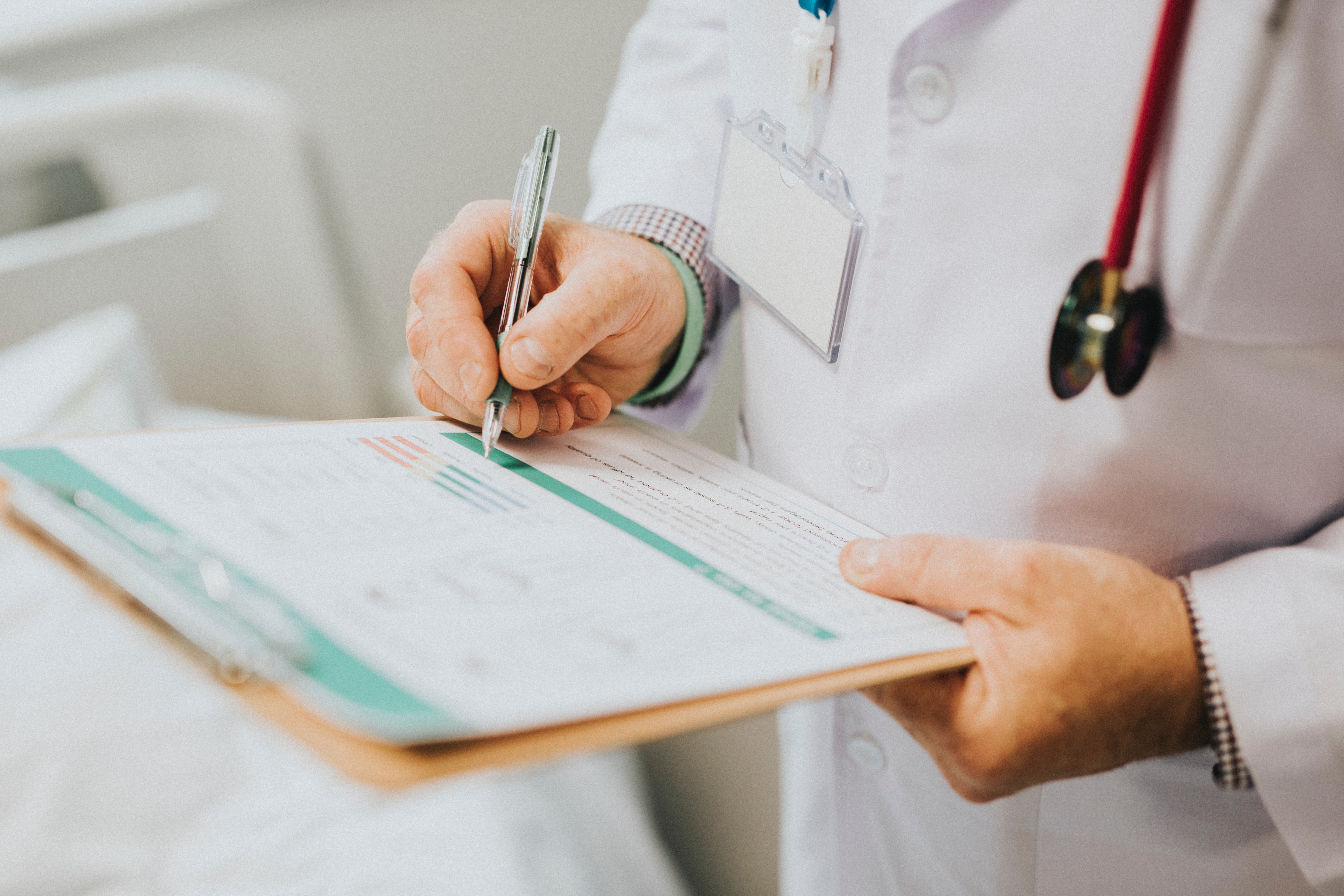 Researchers from Massachusetts General Hospital and Harvard Medical School began supercooling rat livers 5 years ago with the intention of being able to preserve human organs for more than the current 9 hours. Society for Cryobiology members,
Researchers from Massachusetts General Hospital and Harvard Medical School began supercooling rat livers 5 years ago with the intention of being able to preserve human organs for more than the current 9 hours. Society for Cryobiology members, 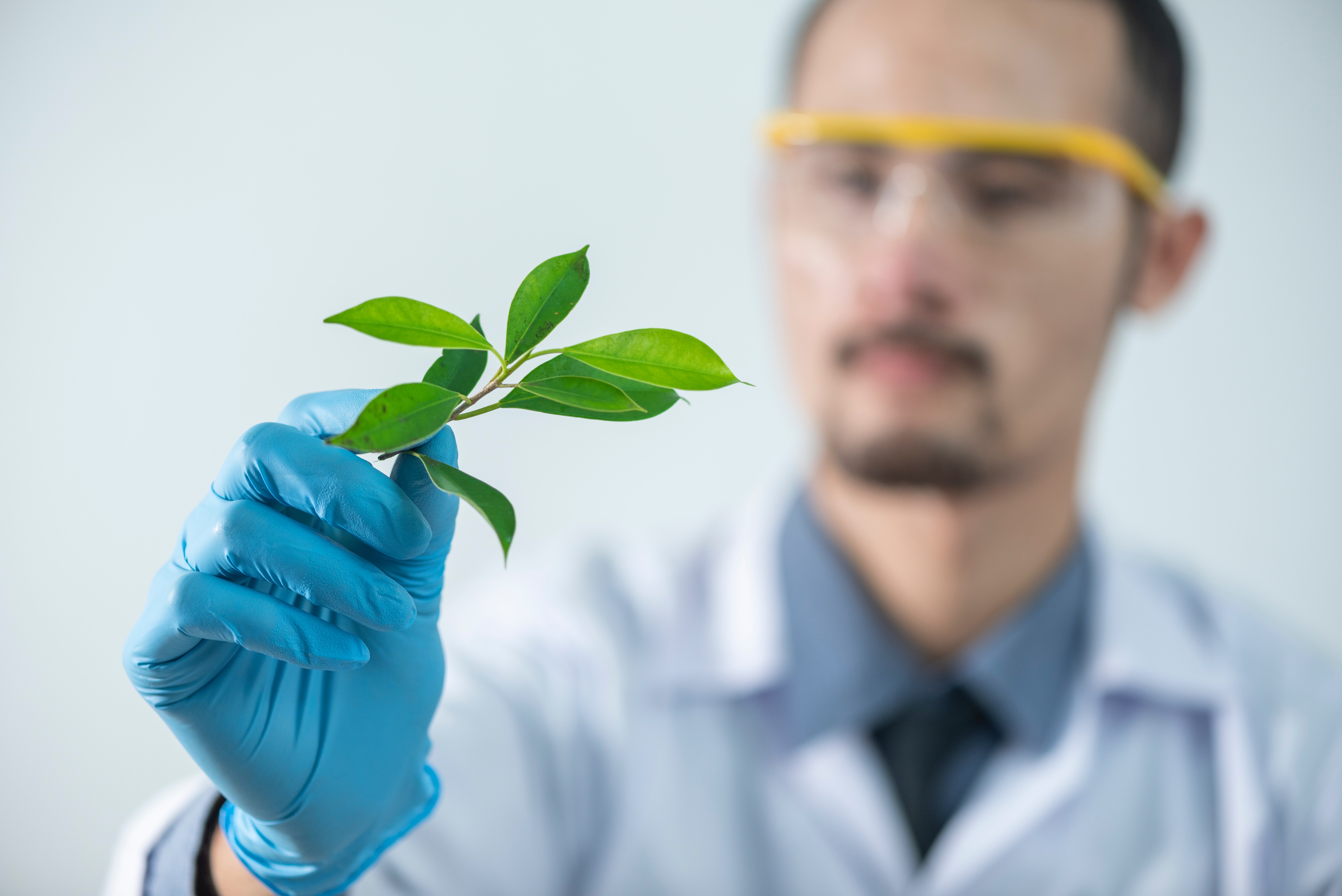 CRYO2019 Plenary speakers Bart Panis and Oliver Ryder have featured in a recent news article by Katharine Gammon, a freelance science writer in California, who attended CRYO2019 as our guest. Ryder, the director of the "Frozen Zoo", presented on the continuous efforts made by the San Diego zoo to cryopreserve genetic material from over 10,000 species. Panis, a senior researcher with the Leuven, Bioversity International, discussed with Gammon the massive ice cave-turned-seed bank,
CRYO2019 Plenary speakers Bart Panis and Oliver Ryder have featured in a recent news article by Katharine Gammon, a freelance science writer in California, who attended CRYO2019 as our guest. Ryder, the director of the "Frozen Zoo", presented on the continuous efforts made by the San Diego zoo to cryopreserve genetic material from over 10,000 species. Panis, a senior researcher with the Leuven, Bioversity International, discussed with Gammon the massive ice cave-turned-seed bank, 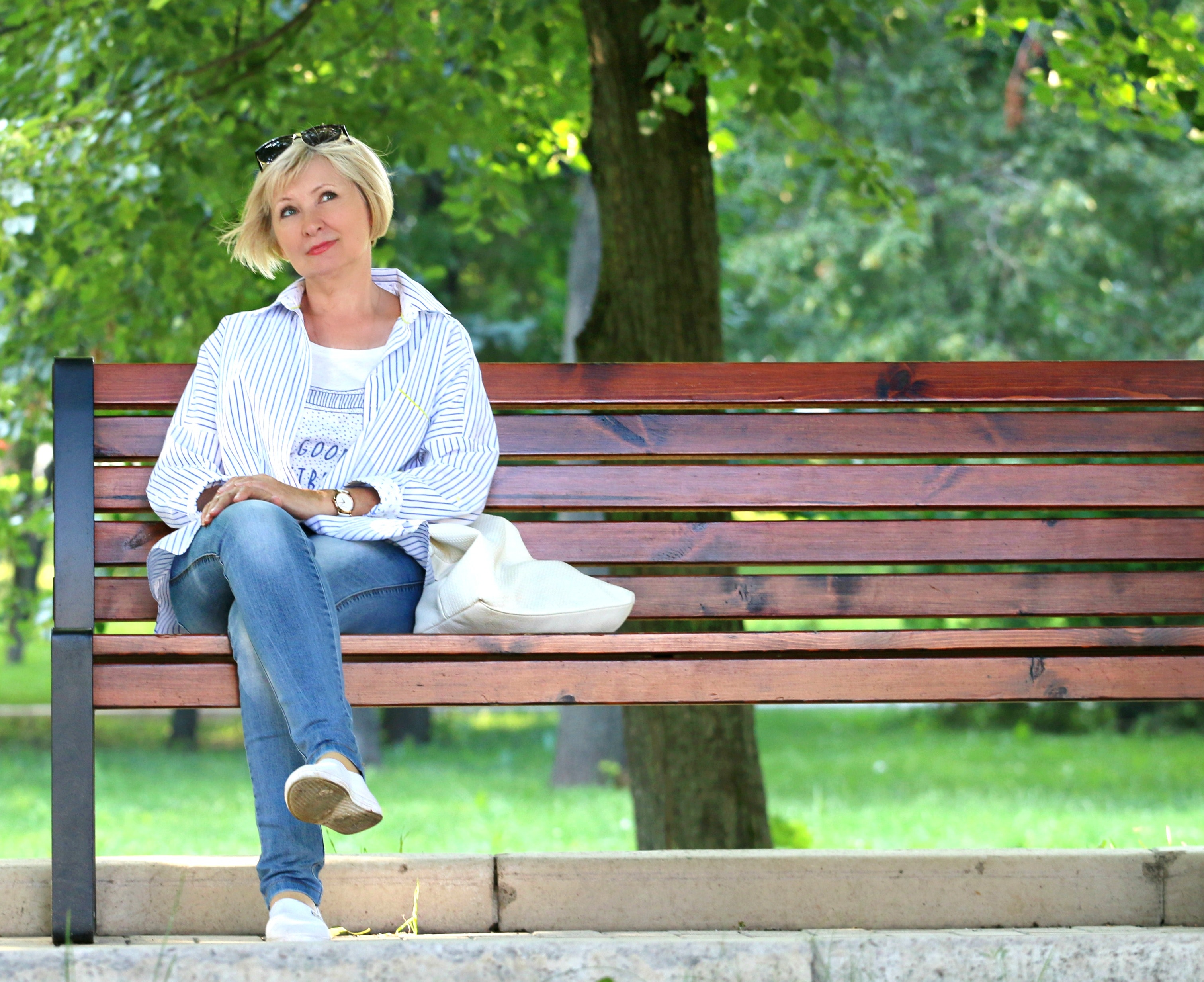 Springboarding off the research done to preserve female's fertility before cancer treatments, researchers are now applying the same techniques to women in an attempt to postpone menopause. Researchers remove an ovarian tissue sample, use cryopreservation to preserve the pre-menopausal tissue, and then, even decades later, thaw and graft the tissue back onto the body. This tissue can then restore the reduced hormones and delay menopause. Tissue samples from nine women are being preserved, ready to be used just as the women begin to enter menopause.
Springboarding off the research done to preserve female's fertility before cancer treatments, researchers are now applying the same techniques to women in an attempt to postpone menopause. Researchers remove an ovarian tissue sample, use cryopreservation to preserve the pre-menopausal tissue, and then, even decades later, thaw and graft the tissue back onto the body. This tissue can then restore the reduced hormones and delay menopause. Tissue samples from nine women are being preserved, ready to be used just as the women begin to enter menopause.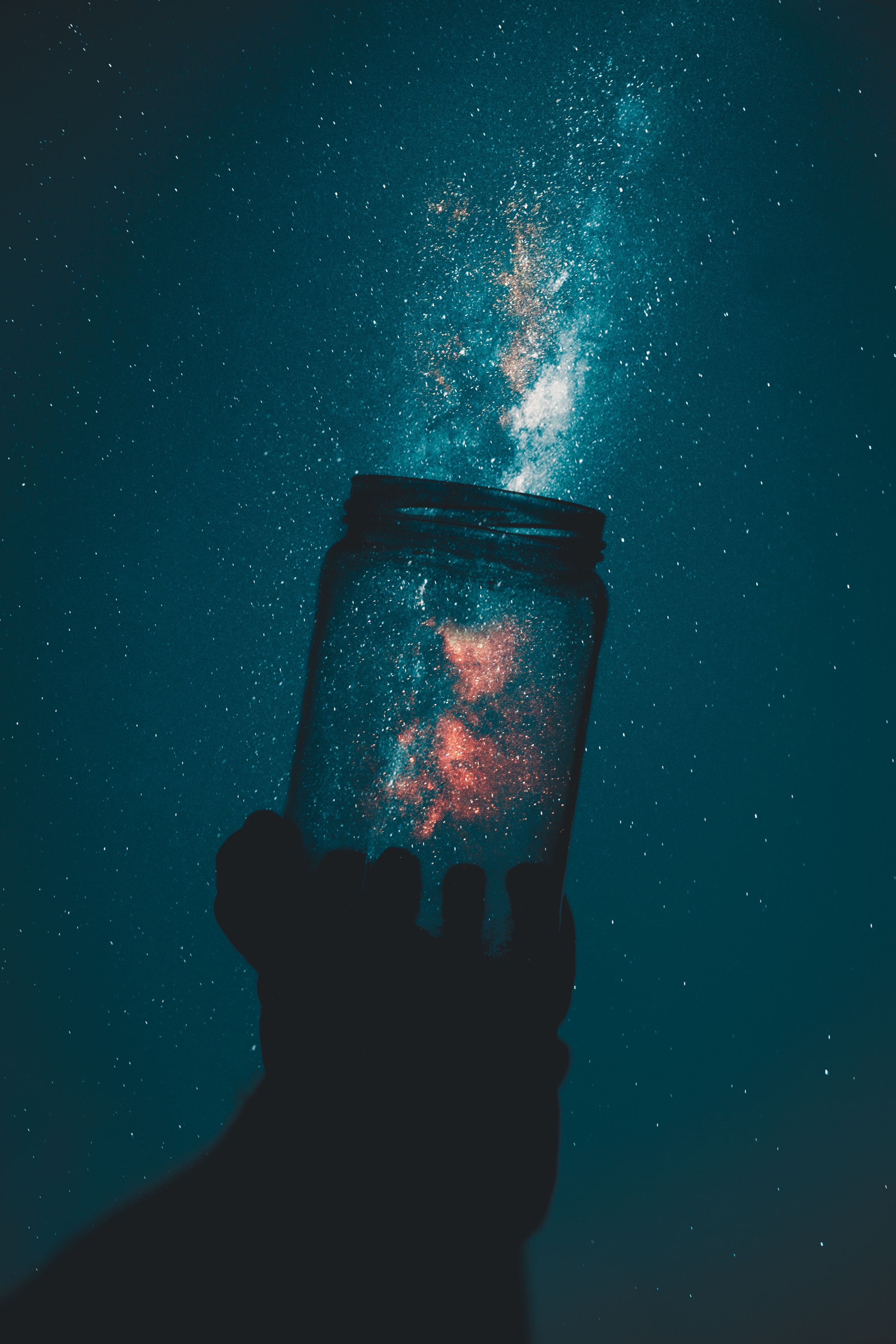 We don't have to worry about our planetary passports quite yet. As a species, we're still "light years" away from space babies, but the
We don't have to worry about our planetary passports quite yet. As a species, we're still "light years" away from space babies, but the 
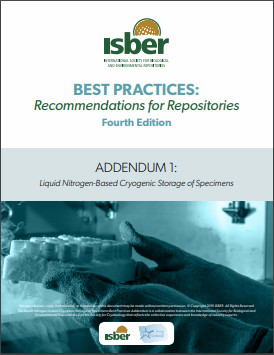 The Society for Cryobiology, in partnership with the ISBER, is pleased to announce the launch of the Liquid Nitrogen-Based Cryogenic Storage of Specimens Best Practices Addendum to the ISBER Best Practices 4th Edition. "The new Liquid Nitrogen Best Practices Addendum will be a go-to resource for the growing number of repositories being asked to store cellular products being used in adoptive therapy research and manufacturing. We are grateful to the team of contributors who are world leaders, who have shared their expertise in building and managing facilities to support collections requiring sub-Tg (glass transition, -135°C) storage,” said David Lewandowski, President of ISBER.
The Society for Cryobiology, in partnership with the ISBER, is pleased to announce the launch of the Liquid Nitrogen-Based Cryogenic Storage of Specimens Best Practices Addendum to the ISBER Best Practices 4th Edition. "The new Liquid Nitrogen Best Practices Addendum will be a go-to resource for the growing number of repositories being asked to store cellular products being used in adoptive therapy research and manufacturing. We are grateful to the team of contributors who are world leaders, who have shared their expertise in building and managing facilities to support collections requiring sub-Tg (glass transition, -135°C) storage,” said David Lewandowski, President of ISBER. The
The 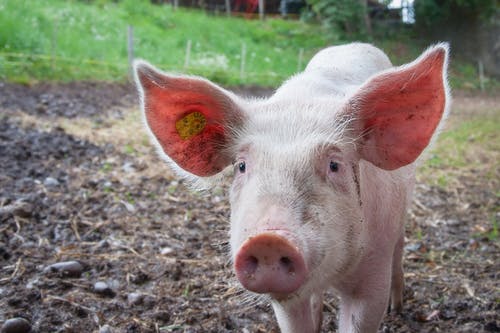 Yale scientists managed to partially revive the brains of decapitated pigs by flooding the organ with oxygen-rich artificial blood. These researchers are quick to assure the public the brains did not show any signs of consciousness; instead, their experiment showed the possibility of limiting or reversing long term brain damage as blood stops circulating. The ability to restore cell function to the brain and slow the decay process in pig brains deceased 4 to 6 hours has the potential for extraordinary applications for stroke or Alzheimer victims. The entire article can be read
Yale scientists managed to partially revive the brains of decapitated pigs by flooding the organ with oxygen-rich artificial blood. These researchers are quick to assure the public the brains did not show any signs of consciousness; instead, their experiment showed the possibility of limiting or reversing long term brain damage as blood stops circulating. The ability to restore cell function to the brain and slow the decay process in pig brains deceased 4 to 6 hours has the potential for extraordinary applications for stroke or Alzheimer victims. The entire article can be read 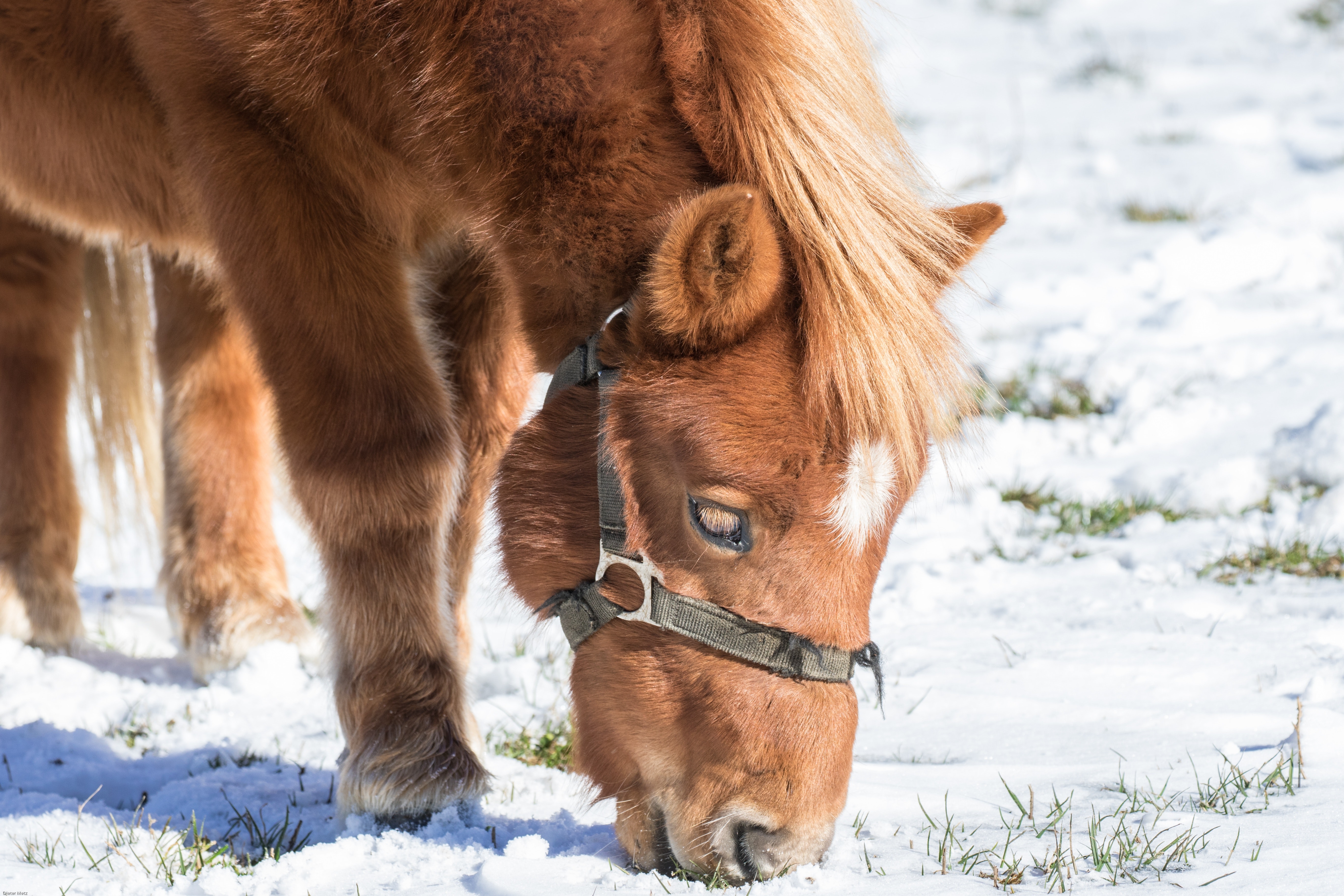 Russian and South Korean researchers have extracted liquid blood and urine samples from a 42,000-year-old foal preserved by the Siberian permafrost.
Russian and South Korean researchers have extracted liquid blood and urine samples from a 42,000-year-old foal preserved by the Siberian permafrost.  Testicle tissue samples from the rhesus macaques are being used in new research to preserve the fertility of preadolescent boys with cancer. Kyle Orwig from the University of Pittsburgh School of Medicine and his team, removed testicle tissue from 5 prepubescent monkeys. After the monkeys reached sexual maturity, the tissue was grafted back onto the monkey's back and scrotum and within 12 months all 5 monkeys were producing testosterone and sperm. The team used the sperm from one of the monkeys to successfully impregnate a female.
Testicle tissue samples from the rhesus macaques are being used in new research to preserve the fertility of preadolescent boys with cancer. Kyle Orwig from the University of Pittsburgh School of Medicine and his team, removed testicle tissue from 5 prepubescent monkeys. After the monkeys reached sexual maturity, the tissue was grafted back onto the monkey's back and scrotum and within 12 months all 5 monkeys were producing testosterone and sperm. The team used the sperm from one of the monkeys to successfully impregnate a female.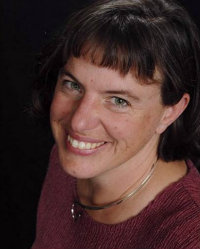 Gayle Volk, a CRYO2019 Program Committee Track Co-Chair for Plant Cryobiotechnology, has recently been in the news about a study into heritage apple cultivars in Wyoming, USA. Samples from Heritage apples, planted in the 1800s, were collected from nearly a hundred farms, orchards, or homesteads and are being studied to determine existing traits that allow these trees to survive, even thrive, in the harsh, cold Wyoming climate.
Gayle Volk, a CRYO2019 Program Committee Track Co-Chair for Plant Cryobiotechnology, has recently been in the news about a study into heritage apple cultivars in Wyoming, USA. Samples from Heritage apples, planted in the 1800s, were collected from nearly a hundred farms, orchards, or homesteads and are being studied to determine existing traits that allow these trees to survive, even thrive, in the harsh, cold Wyoming climate.